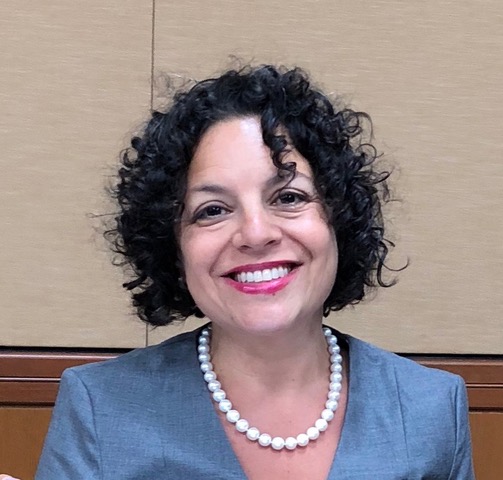
Guest blog post by Wendy Jaffe, Executive Director of The Trio Foundation of St. Louis and Steering Committee member of St. Louis Graduates.
Everyone should have the right to real opportunity no matter where they come from, what they look like, or how much money their family has. When it comes to education beyond high school however, opportunity is elusive for low-income and Black students.
Many barriers hold back low-income students and Black students from earning a certificate or degree that will prepare them for jobs in today’s labor market.
Affordability is a huge barrier. Today Federal Pell Grants, designed in the 1970s to cover most of tuition and fees for low-income students, only cover 29% of the average costs of tuition, fees, room, and board at public four-year colleges. A Missouri student from a family making less than $30,000 per year can expect to pay more than half of their income on college tuition and fees.
The COVID-19 pandemic and sudden closure of campuses across the nation have also hurt college students. This is evident in the nearly 3 in 5 college students who are experiencing basic need insecurity, including safe housing and access to food. Researchers from Arizona State University have also found that lower-income students were 55 percent more likely to delay graduation than their higher-income peers due to COVID-19.
While affordability is the most significant barrier, it is not the only one. Academic advising, college navigation, mental health services, and leadership commitments to anti-racist policies and practices are critical components of higher education recruitment, retention, and graduation rates.
Degrees with Less Debt: Postsecondary Strategies for Low-income and Black Student Success, a new report and video series commissioned by St. Louis Graduates, provides insight into how postsecondary education can address equity gaps in degree completion and student success in Missouri.
As funders, we have a critical role in ensuring equity in postsecondary degree completion. This includes asking colleges and universities, postsecondary preparation programs, and workforce development initiatives how they are ensuring low-income and Black students are getting the full range of supports they need to not just enroll in college, but to graduate with less debt. We have the research and need to encourage its use so that opportunity is real for everyone.
To read the report and watch the new Degrees with Less Debt video series, visit dwldstl.org.
